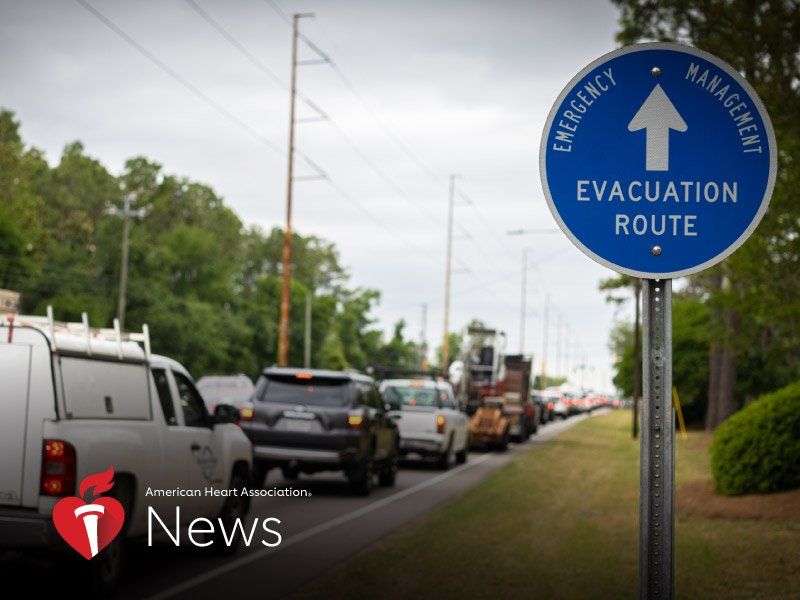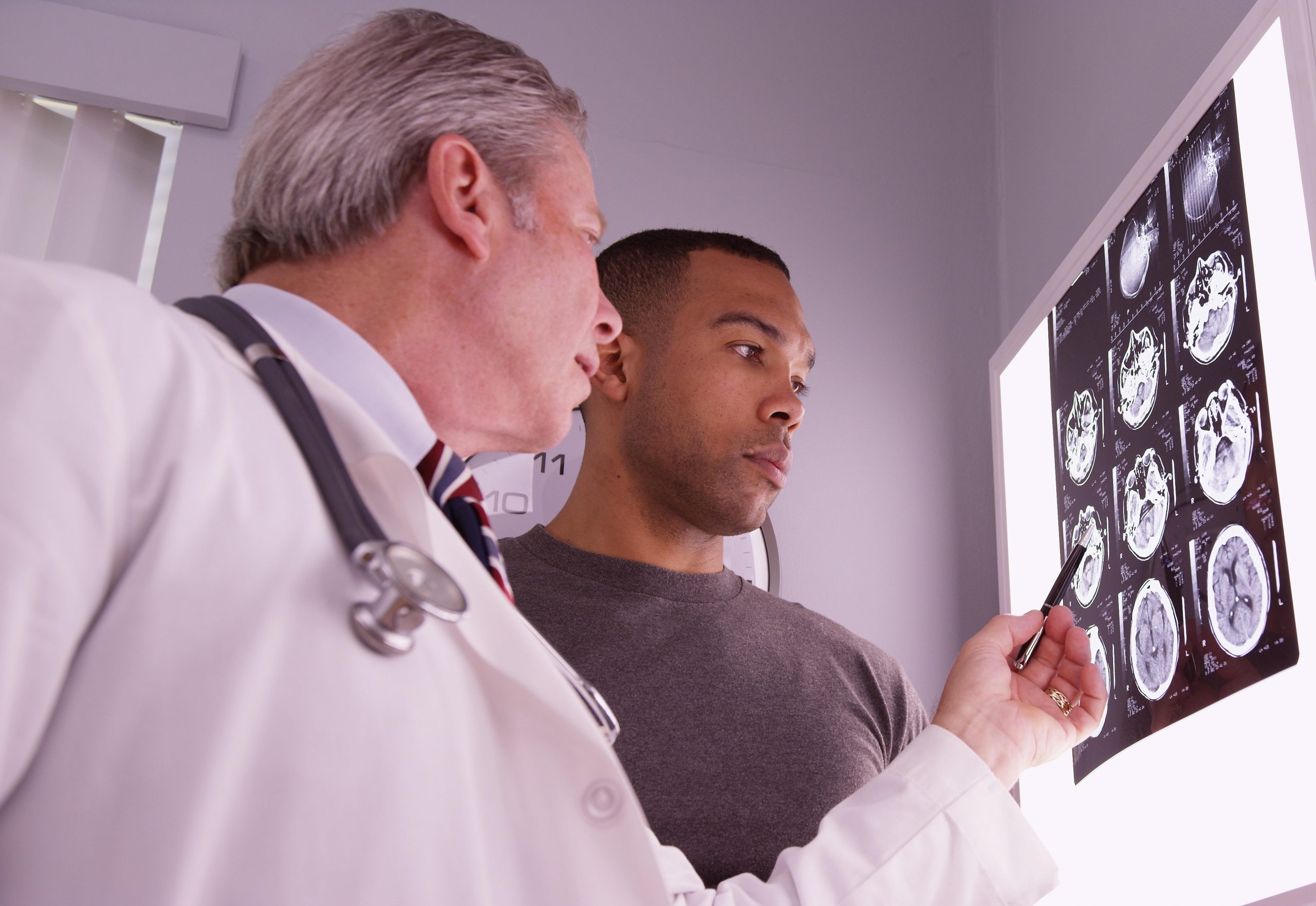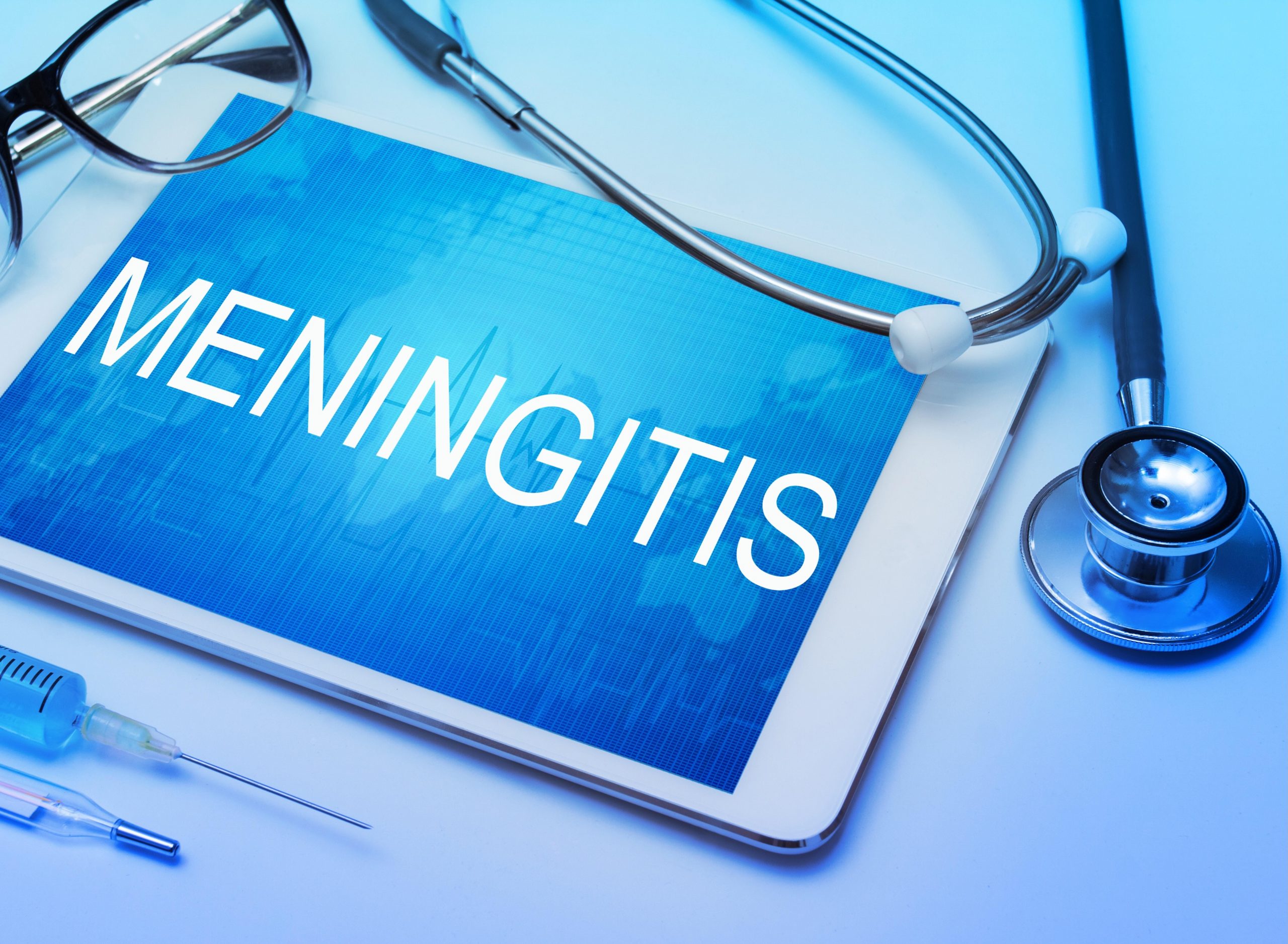
Autopsy is currently the only way to definitively diagnose chronic traumatic encephalopathy (CTE), a degenerative brain disease often seen in athletes who’ve suffered repeated blows to the head. But there may be a way to predict which athletes are likely to develop CTE, researchers report June 28 in the journal Neurology. They outline criteria for… read on > read on >






























